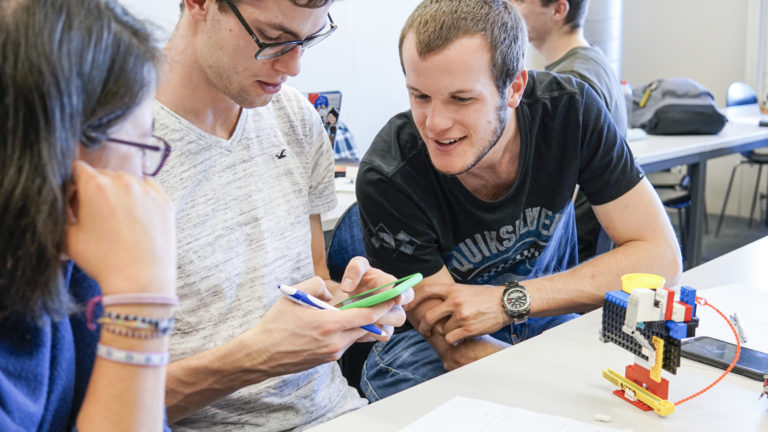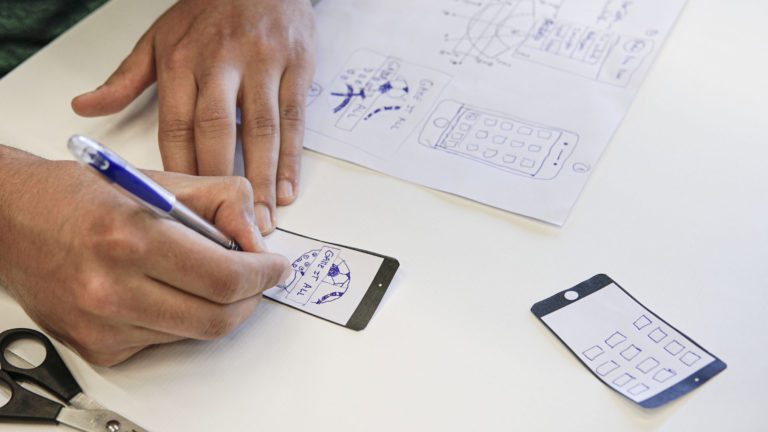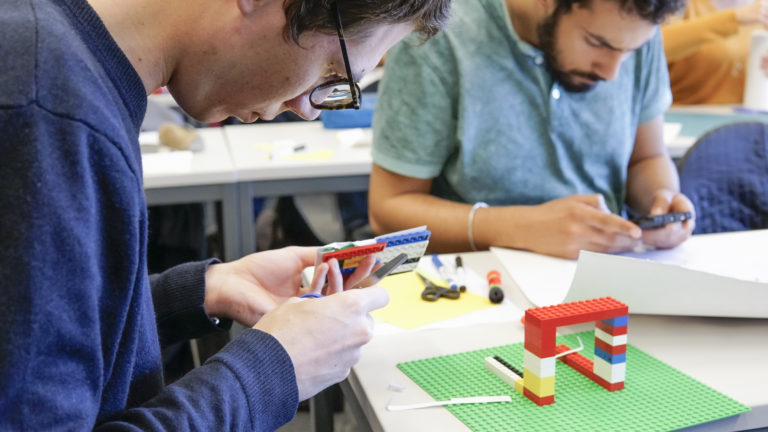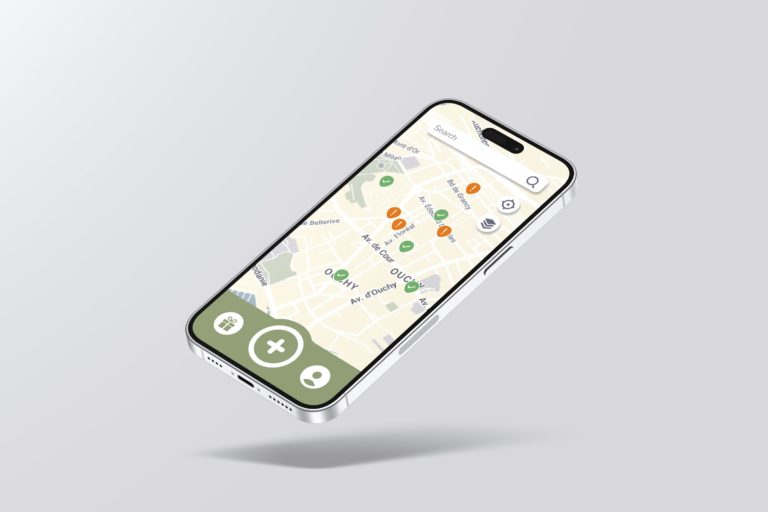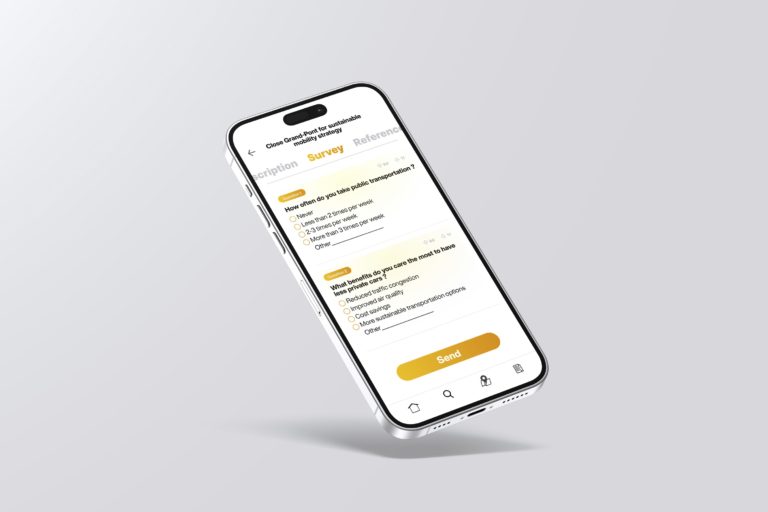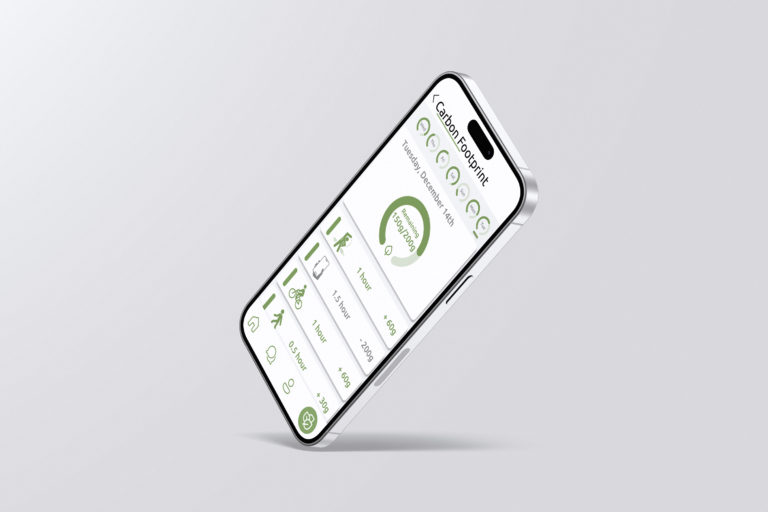EPFL Classes
Over the last 10 years, certain technologies including augmented reality glasses, 3DTV and medical apps have faced severe difficulties, if not rejection by users. Adoption is largely based on human perception, which is related to many complex and intertwined factors including cultural background and context. Such subjective dimensions of innovation are often ignored by the scientific world.
The EPFL+ECAL Lab’s mission is to sensitise students through history and case studies, but also to provide them with skills, tools and understanding of the discipline. This means addressing the notions of cultural creativity, but also to approach how design research can produce knowledge.
EPFL Digital Humanities
Design Research for Digital Innovation was created for masters students in Digital Humanities, but is also open to other EPFL masters curricula. It focuses on design research tools and themes related to digital humanities including digitised heritage, AI and social computing.
DH411 – Design Research for Digital Innovation
The class starts with a short trip back in time to bring today’s digital innovation challenges into context. We look to understand the relationship between technology and society in movements such as the Bauhaus, Functionalism, Postmodernism, Radical Design and Hippie Modernism.
We’ll then look more closely at design research and associated concepts, such as inclusive design, design thinking, speculative design and artist residencies. A specific focus on contemporary methodologies of design research presents principles to combine artistic and scientific approaches.
Human observation and user experience are addressed from complementary points of view. On one side, we get to grips with psychology, providing scientific experimental tools and theoretical references. On the other, we introduce design practices, based on empathy and anthropology, to enhance inspiration in the creative process.
Throughout the course, design researchers from the EPFL+ECAL Lab unveil insights on recent and ongoing projects sharing hypotheses, experiences, results, unexpected outcomes, difficulties and learnings. In parallel, the students work in small groups on an applied project, based on a real ongoing research track at the EPFL+ECAL Lab. The work aims to put theoretical aspects into practice, as well as to experiment with tools for field observation and prototyping. The course puts a special emphasis on each participant’s creativity, ability to take end users into account, and hands on work.
- Examine the basics of design research theories and associated references
- Develop a critical approach of emerging technology based on user experience
- Discuss the basics of user experience evaluation
- Develop design-based creativity
- Sketch a design research methodology for digital technology
- Use visualisation and prototyping techniques for design research
- Apply a user-centric approach in a design research project
With more than 15 years of expertise in design research, the EPFL+ECAL Lab has developed its own methodology. Over the years, we have created and given various courses dedicated to design research and digital innovation with the aim to share novel perspectives on the current innovation challenges. These classes propose reflections and tools to tackle them.


